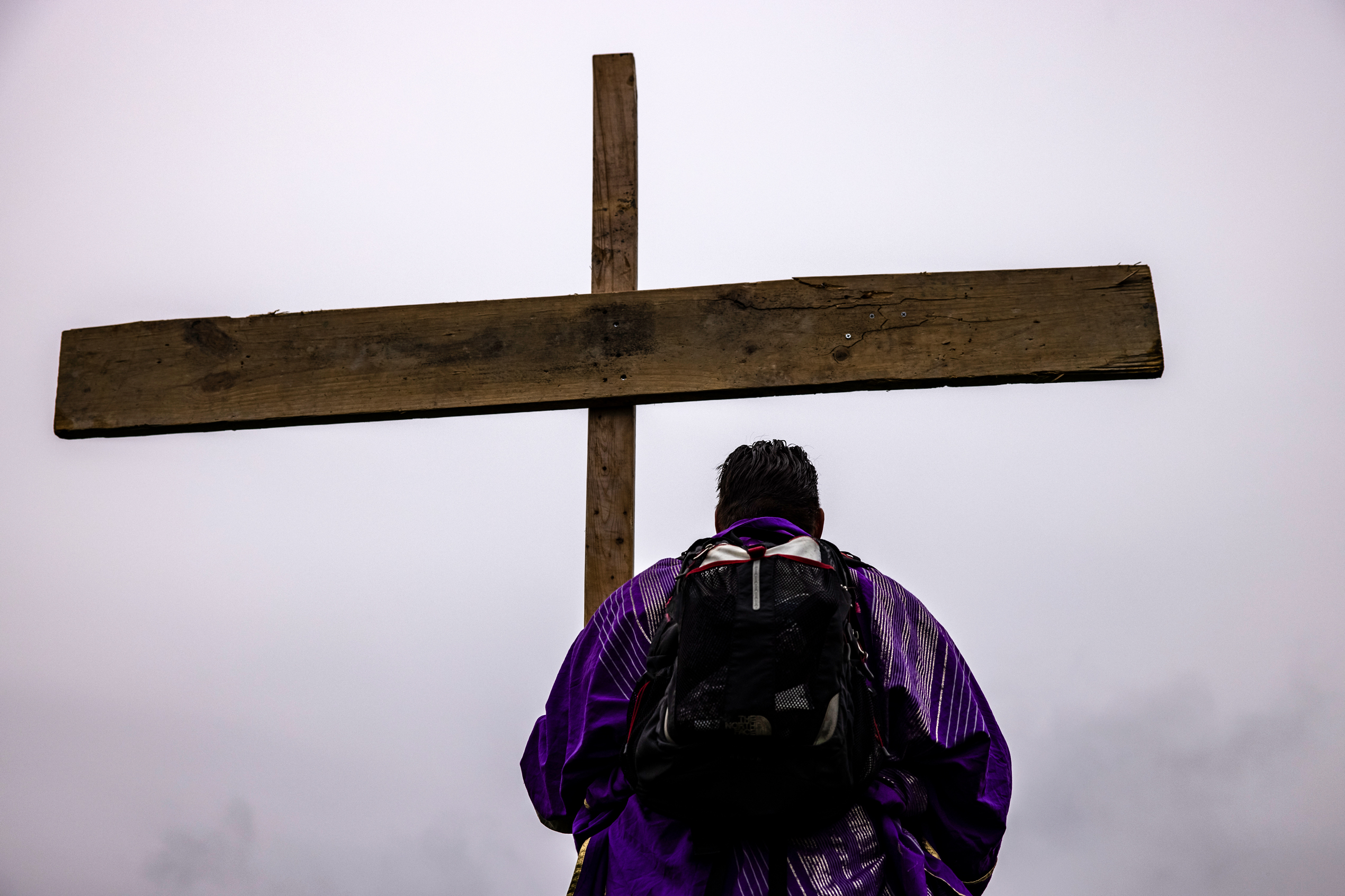Gallup has previously reported that
church attendance has dropped more among Catholics than among Protestants. Consistent with this, the decline in church membership has been greater among Catholics. Twenty years ago, 76% of Catholics belonged to a church; now, 63% do.
Meanwhile, 67% of Protestants, down from 73% in 1998-2000, are members of a church. Much of the decline in Protestant membership is attributable to the increasing percentage of Americans who simply identify their religion as "Christian" rather than as a specific Protestant denomination such as Baptist, Lutheran or Methodist. Gallup classifies "Christian" respondents as Protestants but, as might be expected, nondenominational Christians are less likely to belong to a church (57%) than Americans who identify with a specific Protestant denomination (70%).
There are insufficient cases to provide reliable estimates on church membership among other religions, but the data suggest that membership in a place of worship has been stable among Mormons (near 90% in both time periods) and Jews (in the mid- to low 50% range in both time periods) over the past two decades.
In contrast to the variable changes in church membership among generational and faith subgroups, the declines have been fairly similar among most other demographic subgroups. However, the rates have differed by party identification, as Republicans show a relatively modest decline in church membership of eight points since 1998-2000 (from 77% to 69%). In contrast, Democrats show one of the largest subgroup declines, of 23 points, from 71% to 48%.





